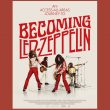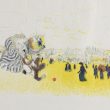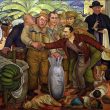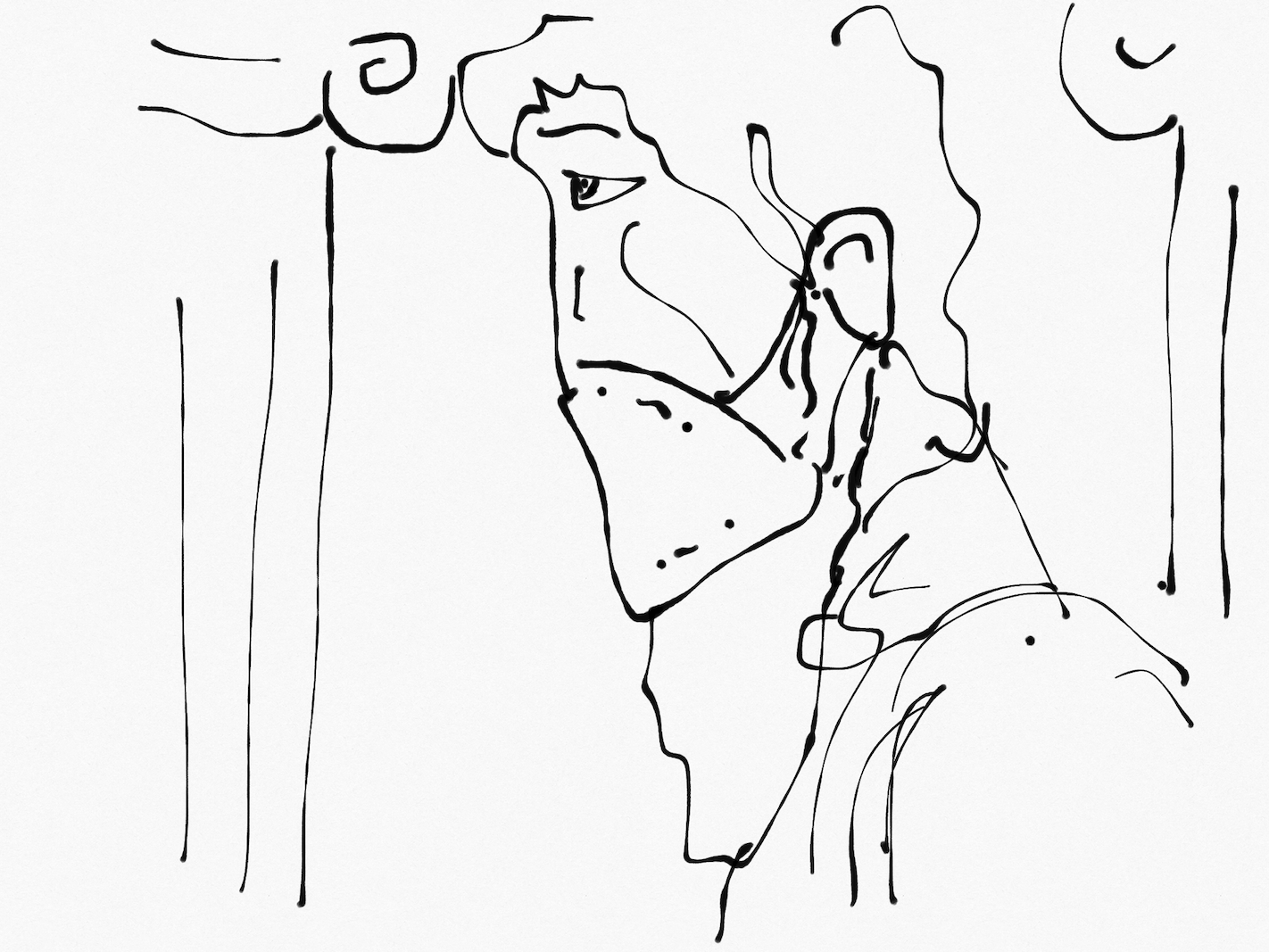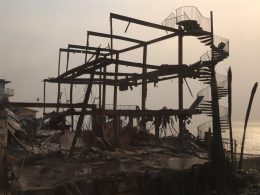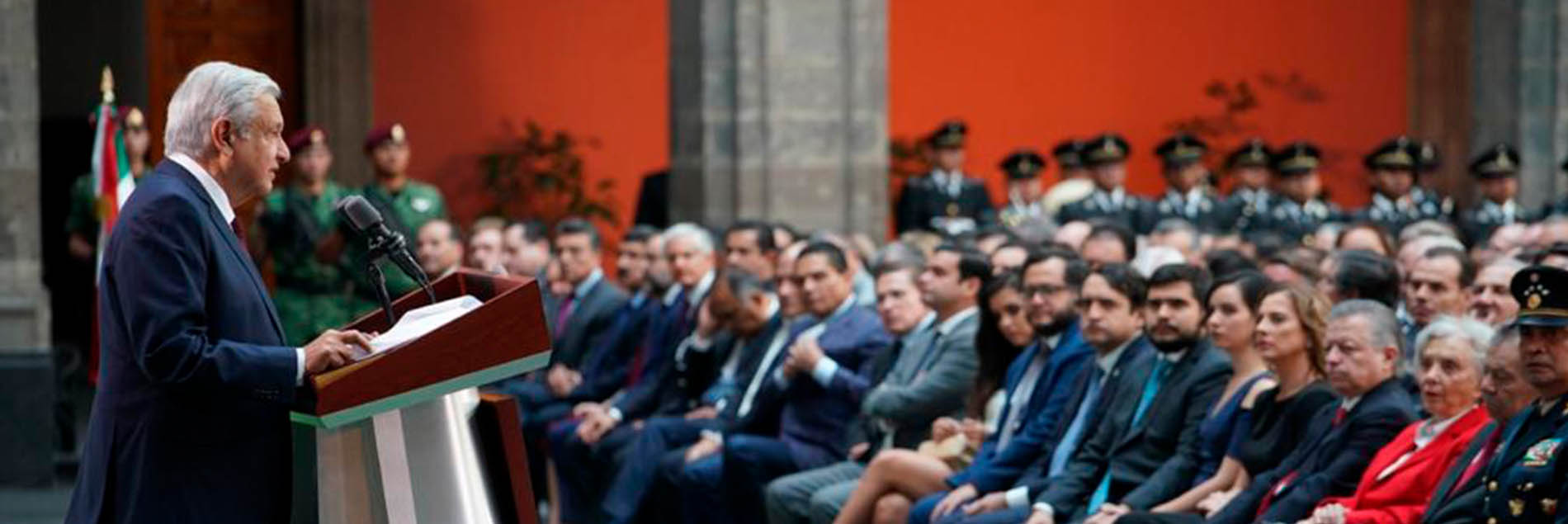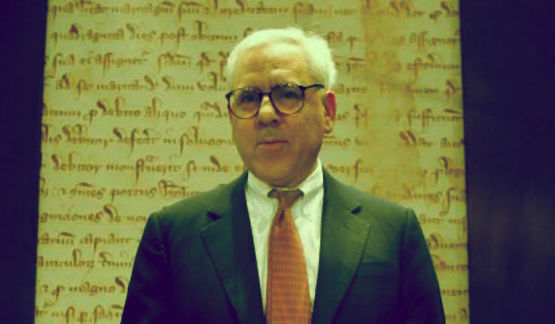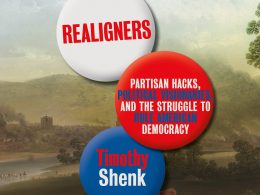In the present crisis the performance of Spanish politicians, with some exceptions, has been fairly depressing. Some say we’d have a good government if we had a good opposition, and for some it is the other way around. Commentators and politicians took the chance to do what we do best: to blame the usual adversary. But it wouldn’t be fair if we were the only stars in the show.
Arcadi Espada has pointed out that, if economists were criticised in 2008 for failing to see the coming crisis, perhaps we should ask scientists about the pandemic. (Just like in the previous crisis, some warned of the danger, and were not very successful. Tim Harford has written about the mechanisms that stop us from imagining the worst and acting to mitigate its effects.)
Writers declared that their life wasn’t changing much because of the confinement. Then they all started to write confinement journals. At last, something was happening to them, even if it was the guarantee that nothing could happen to them.
The figure of the prophet that reivindicates himself is as ridiculous as that of the aging Don Juan, but it seems inescapable in our self-promoting era. Many analysts have explained that this pandemic is going to cause unprecedented changes, and that this transformation will prove the validity of what they’ve been saying for the last 30 years. It’s a paradigm change -that is, change your paradigm and take mine. The logic is truly awesome: today’s change shows that tomorrow it will be true what I said yesterday about what was happening then.
It might offer some relief to think of the preaching we’ve spared ourselves. It’s bad enough with living philosophers. They search for the sense of being, they detect the deep undercurrents of history and they dive in reflection -in two weeks, they have written a book.
We read that the pandemic is a lie or a chance for redemption, the proof that we need a multilevel approach to government, the end of globalization or its reinforcement, the EU’s death or its rebirth, an angry revenge of nature and a very exciting time. Somebody explained that thanks to Covid-19 we would be able to discover the pleasures of erotic self-exploration: the price seems a bit steep.
Reading their interviews, one is reminded of Raymond Chandler, who wrote that in Hollywood good original screenplays were almost as rare as virgins. The epidemic of banality is surprising, and the cultural pages of newspapers are filled with the type of statements that seem deep for a couple of weeks at 17, till the afternoons become longer and the weather gets warm. The profession is in a sorry state: some philosophers stoop so low that they become ministers in the government.
This article was published in Spanish in El Periódico de Aragón.
Daniel Gascón (Zaragoza, 1981) es escritor y editor de Letras Libres. Su libro más reciente es 'El padre de tus hijos' (Literatura Random House, 2023).





